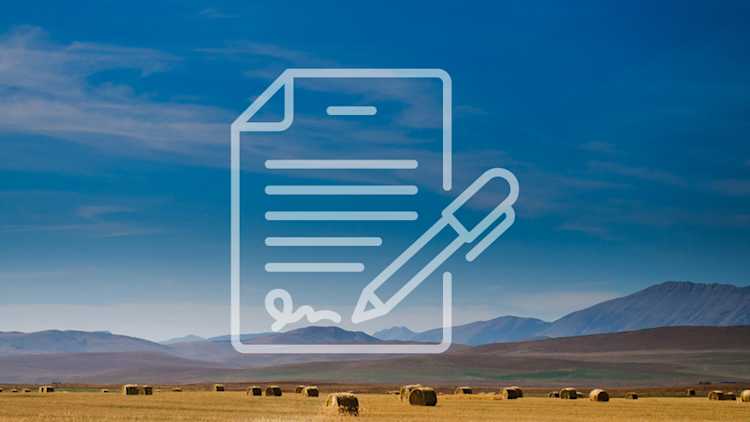What are the components of a will? What do I need to prepare?

You know you need one – and yet, many Canadians are dragging their heels when it comes to putting their wishes into a will. Only about half of us have one – and more still need to update what they currently have in place. A will isn’t just a legal document. Done properly, it can protect your family’s future, prevent feuds and save your beneficiaries time and money.

Regina Estate Lawyer Regina, SK
Every will should have these main components
The Testator’s details: Name, residence, matrimonial regime (for Quebec) and a declaration that you want this to be your will.
Revocation: It is important to revoke any prior will and any testamentary dispositions if you wish this to be the last will in effect.
The appointment of an executor: The executor is the person who will administer the estate and carry out your wishes as outlined in the will. This may include collecting assets, paying debts and ensuring that beneficiaries receive what they’re entitled to. In Quebec, this person is called the liquidator. It is important that the liquidator be a Canadian resident for tax purposes.
Remuneration: In Quebec, you must note if the executor (liquidator) is entitled to a remuneration or not.
Guardianship: This section is relevant if you have children under 18. Who will you appoint as their guardian?
Powers given to the executor/liquidator: This gives the executor (liquidator) the ability to administer the estate. Most lawyers (and notaries in Quebec) will have standard clauses for this section.
Distribution of assets: This section outlines how the executor (liquidator) is to distribute assets and who the beneficiaries (legatees or heirs in Quebec) will be. It’s important to consider who will inherit what, but it is also important to demonstrate to your lawyer that you know what you own. If the will is ever challenged in the future, your lawyer can verify that you were able to articulate what your assets consisted of and had the capacity to make the will.
Trusts: If the will includes children as beneficiaries, trusts can ensure that they inherit at the age you choose, rather than the legal standard of 18. In Quebec, you can include a clause of post-liquidation administration for the minor children instead of a trust. You can also include a spousal trust in Quebec.
Alternate provisions: A provision can help account for a future that looks different from what you are expecting. If, for example, the originally intended beneficiaries are no longer living, a backup provision can lay out a secondary plan for distributing assets.
Other specificities: Consult professionals to benefit from their advice on adding further protection to your assets.
Signatures: Ensure all necessary signatures have been added, as forgetting or omitting one will be problematic.
Date: Ensure that you date your will.
Choosing an executor (or liquidator) is a big decision
While it’s important to choose someone with good organizational skills who can keep a cool head, there are some misconceptions about what makes a good choice.
An executor (or liquidator) doesn’t necessarily need to be someone who already has experience in business or accounting – they need to be willing and able to learn on the job. Being local can be an asset if it means easily getting to the bank and the lawyer, but it’s not entirely necessary.
The right person also needs the time available to do the job, or needs to be willing to make time, as the time commitment can be significant. Support is available to them, from the funeral home to the lawyer and the accountant. A good executor (or liquidator) needs to be receptive to their advice.
Ultimately, your executor (or liquidator) must be someone you trust to respect your wishes.
Communication is key when it comes to estate planning. Just as farm family meetings are important, discussing the contents of a will and the reasonings behind them will help to keep everyone on the same page.
There are professionals who can help ensure that your wishes are adequately reflected in your will. Your accountant, lawyer and financial advisor can all offer support and advice on ensuring the best possible outcome. In Quebec, your notary can also offer support and advice for the preparation of your will. Gathering the right information for those meetings can help make the entire process run more smoothly.

Business Advisor, FCC Brandon, MB
Information to provide your professional advisors
Real estate holdings: What properties do you own? Which are part of the farm business? Which are held personally? Who do you want as beneficiaries of these assets? An accountant can help make sure that your will includes the best tax strategy to make that happen efficiently.
Personal assets: Vehicles, jewellery, antiques or collections, and immoveable property or shares that are of particular importance and that you’d like certain beneficiaries to receive.
Farm assets: Equipment, vehicles, livestock, etc. Who do you want as beneficiaries of these assets? Consider discussing the reasoning behind these choices with any family – both farming and non-farming – ahead of time to avoid any misunderstandings, surprises or hard feelings.
Liabilities: Personal and business debts (for which you are personally liable), taxes and credit cards.
Investments and life insurance: Gathering any documentation that names beneficiaries will be an asset when meeting with your attorney or notary in Quebec.
Funeral arrangements: What are your wishes when it comes to your funeral? Do you wish to be cremated or buried?
After you’ve got a will in place, don’t just file it away and forget about it. While a lot of farm operators have wills, many aren’t updated regularly. Every three to five years, or any time that there’s a big life event (for example, separation, divorce, marriage, new relationship, death, birth, sale of your business), you should review and update your will. If it doesn’t adequately reflect your current wishes, it’s not serving its purpose.
It’s always easier to avoid necessary conversations or push aside their importance, but having a well-considered will makes a hard time a little bit easier on those who matter to you.
From an AgriSuccess article by Emily Leeson.

Is your successor set up for transition success? In this seventh webinar of the series, learn how to share knowledge and help the next generation gain the skills and experience needed to move the farm business forward.

